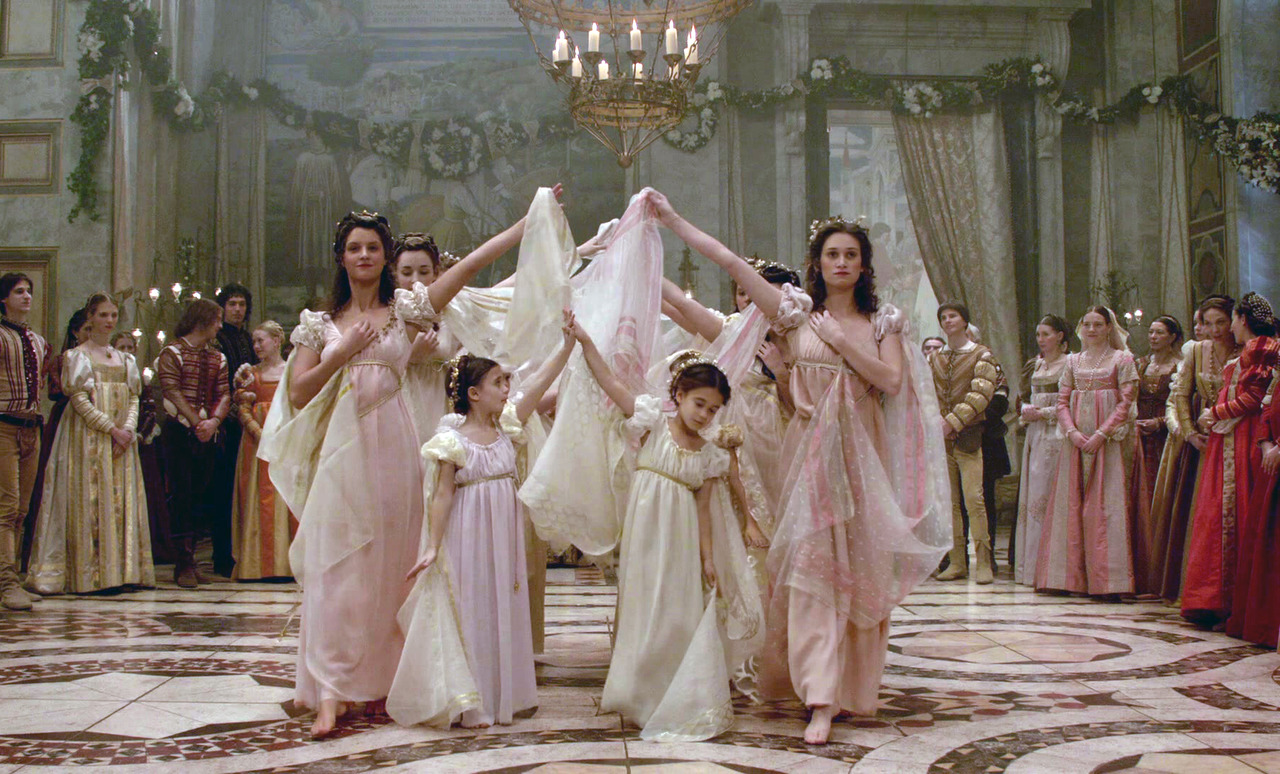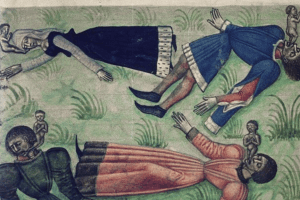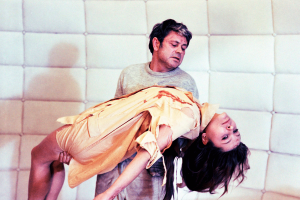
Even specialists find it difficult to unambiguously define the historical novel or, as I prefer to call it, historical fiction. All seem to agree that a historical fiction must take place in the past, must principally involve at least one real-life character, and must include some level of ambiance reconstruction. The agreements appear to only go as far as this.
I remember reading an interview where Antonio Muñoz Molina pointed out that history was quite interesting in itself and did not need the addition of fiction. It was a strange statement coming from an author who, in many of his novels, often resorts to historical settings, historical decor, backdrops, or however we want to call it. For instance, the Spanish civil war in El jinete polaco, or the long period from the Middle Ages to the Second World War in Sefarad. Strange or not, the truth is that this Spanish author’s assertion reveals the tension that exists between History (understood as a narration of real facts) and fiction (understood as a product of free imagination) at the very center of the trade of writers.
What might be deduced from this? In my own self, I notice an emotional movement similar to Muñoz Molina’s, and I have no doubt that the same thing happens to many writers: a profound interest in History (and its stories) and a rejection of the idea of «historical novel» or “historical fiction.” Perhaps what I reject is the idea that the novel must engage in extensive period reconstructions –that is, descriptions of clothing, food, weapons, tools, architectural styles, social and economic relations, political pacts, genealogies … All with the objective, not always stated, of capturing an elusive spirit of the times.
Let us agree that there are writers who have no problem with this: they do their research, obtain an acceptable panorama of a certain historical period, and then write a novel using all of that material (whether the resulting novel is good or is not another matter that does not interest us at this time). They set out to achieve something, and they succeed. They are reasonably satisfied. What happens to those who, drawn to the stories of History, do not want to or cannot use proven or probable facts, and set out somewhat blindly to elaborate fictions with a few brushstrokes here and there beyond verifiable facts? What happens to those stories where «the fictitious» occupies the foreground and «the historical» is only a backdrop or, in most cases, a deformed, distorted representation of what we find in history books? What happens to these writers –among whom I would like to count myself– that their interest is placed on expressivity to the detriment of historical accuracy. If we want to lay it out in those terms, we could say that they betray History to tell their stories. Would their betrayal be analogous to the betrayal of translators?
I would say more: I feel a visceral rejection towards the idea of writing historical accounts; it may have to do with the aforementioned detailed reconstructions of past ages, which could be explained by my known laziness. I acknowledge a deep perplexity: I do not want to be an «author of historical accounts,» but my fictions recur more and more frequently to History. At least two or three of my fictions revolve around real characters from the past. I suspect that my contradiction is irrational because I investigate and try to ensure that there are no obvious anachronisms in what I write –neither more nor less than any other writer who does assume, untroubled, the label of “historical.”
Thinking about these matters, I remember the novel Martin Dessler by North American writer Steven Millhauser, and conclude –with all due subjectivity– that I do not think (I do not «feel») that it is a historical novel, despite its detailed reconstruction of late-nineteenth and early-twentieth-century New York. I believe that the essence of this novel is the destiny of its main character, even though Martin Dessler –a mixture of conservatism and audacity– can only be explained in his historical context, immersed in the spirit of his time and his nation. Martin’s life experience, the currents that enliven his spirit, fill every page of the novel. But what is it that truly keeps me from considering Martin Dessler a historical fiction? I do not know.
I now think of two magnificent recent Venezuelan novels that are based on the same historical fact: the presence of Margarita island-native pearl divers on the coasts of Africa at the time when Mussolini’s Italian troops were ready to intervene in Eritrea.
The first one is Massaua, by Arnaldo Rosas, where the characters’ individual destinies are shaken by the great social forces (the gomecismo that ruled in Venezuela and the expansionism of Italian fascism). It is as much an adventure novel as a romantic novel. Beyond the fabrications necessary for a novel to be such, Massaua is firmly attached to realism and verisimilitude. Its characters, excellently portrayed, are motivated by the most common human feelings: greed, love, courage, envy, and fear…
The general plot of Los Escafandristas by Fedosy Santaella remains attached to the historical facts known, but its argumentative treatment and verbal texture depart diametrically from Massaua. Dark supernatural forces (inhuman by definition) direct the action; History is just a background rumor against which ancient gods (of Lovecraftian resonance) carry out their own machinations. The language of Los Escafandristas, a particular accomplishment, is highly metaphorized and helps to remove the work from all realistic temptation.
When it comes to generic descriptions, I would not hesitate to classify Massaua as a historical novel and Los Escafandristas as a fantasy novel.
And I remember yet another novel linked to the island of Margarita, Cubagua by Enrique Bernardo Núñez, traditionally considered a historical novel by critics in a rare show of unanimity. However, I refuse to consider it as such, despite the presence of Spanish conquistadores, rebellious Indians, and pearl divers. I dare reclassify it as a novel of fantastic and mythological resonances for its language, its treatment of time, the presence of ancient gods… But I understand that this would take us down a multi-page road, so I abandon my argument here.
Is historical fiction, then, a rhetoric (not meant to be used pejoratively), a coded form of speaking, linked to the realism of the representation of real facts of the past? That’s what I think at the moment. If so, it would be necessary to propose that the Historical in a story is a tone, an aura, an essence difficult to define but perceptible, identifiable, though not without some doubts and startles.
In an interview with writer Gabriel Payares a few years ago, I said, perhaps with excessive lightness, that the fiction writer merely wants to be left to fabricate in peace. That’s still true for me, for my own writing practice, but not necessarily true for all writers. I do not think there are writers who want to be restricted, but some (or many) have made the restrictions imposed by historical truth, or by stories that claim to be historical truth, a virtue, a necessity, a methodology of work. I have nothing to object to on my end.
About the author:
Rubi Guerra (San Tomé, 1958) is a narrator, editor, screenwriter, and cultural manager. He was the coordinator of the department of literature of the National Council of Culture, and manager of the Caracas International Book Fair. He has published, among others, El mar invisible (1990), El discreto enemigo (2001), Un sueño comentado (2004), La tarea del testigo (2007, 2012), which was awarded the Rufino Blanco Fombona Prize for Short Fiction, and La forma del amor y otros cuentos (2010), which received the Salvador Garmendia Award in 2009. He has been the editor of several anthologies of Venezuelan narrative, including 21 del XXI (2007).
















